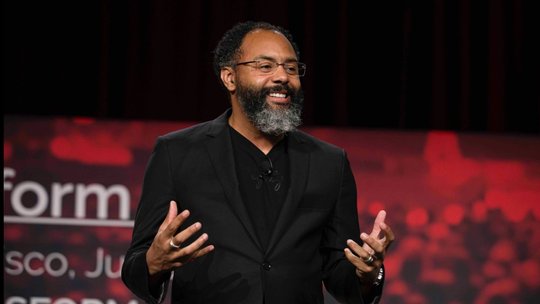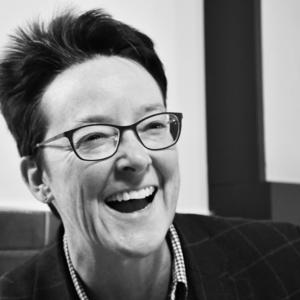
Rodney Sampson, an investor, founder and startup advocate, knows the challenges of being a Black entrepreneur firsthand.
“23 years ago, I was that founder raising venture capital,” he said.
It took dozens of meetings – but he got “lucky,” raising capital for his startup, Atlanta-based Multicast Media Technologies, which was ultimately acquired by Kit Digital 10 years after its inception.
But not everyone can get through the funding barrier. Historically, less than 2 percent of venture capital dollars go to Black entrepreneurs. When adverse market conditions led to a 36 percent drop in overall VC dollars last year, they were disproportionately hit. Black entrepreneurs saw a 45 percent decrease in financing, according to data from Crunchbase.
Enter in a new program that prioritizes funding for underrepresented groups in the state of North Carolina. The NC Rural Center is inviting potential partners to apply to help distribute up to $50 million in venture capital funds to support early-stage, high-growth small businesses in the state. Called the NC Venture Capital Program, it’s part of NCInvest, a $202 million federal funding infusion granted to the Rural Center by the North Carolina General Assembly in order to support small businesses.
At the helm of the program as Venture Capital Fund of Funds manager is Sampson, who calls it a “game-changing model for equitable opportunity in our nation’s startup ecosystem.”
Applications are due May 5 for first-round venture partners – and the priority is on investment firms with a history of backing businesses representing underrepresented groups.
The program got its start in President Barack Obama’s administration when an initial $10 billion was earmarked for states. The 2.0 version – another $10 billion – was authorized within the American Recovery Act by President Joe Biden.
“The major difference, more of the dollars nationwide, and even specific to North Carolina, are being allocated toward the venture capital program,” Sampson said.
It’s a fund-to-fund initiative, meaning it won’t make direct investments. Instead, money is funneled into venture funds, “and then we’re trusting those funds to do what they do and invest in founders,” he said.
More than half the money is earmarked for socially and economically disadvantaged individuals. To ensure the dollars go where they’re intended, the program will participate in capital calls.
“We don’t just send them a check,” he said. “They have to send us capital calls, and most firms do capital calls when they’re funding a deal.”
When a deal meets the qualifications, his team can write that check.
In the first few days of the program, the request for proposals had been downloaded 31 times. The goal is to announce the first round of investments by the end of June.
“We will continue to make commitments until all the capital is deployed,” Sampson said. “It will be a rolling selection … every 30 days.”








